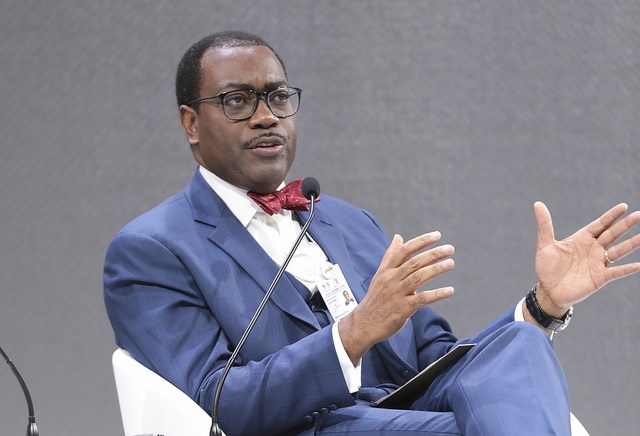The African Development Bank (AfDB) opened its annual summit on Tuesday, with discussions set to culminate in the election of a new president later this week.
The meeting comes as the institution confronts a looming financial setback due to a planned cut in US funding.
Established in 1964, the AfDB plays a pivotal role in financing development initiatives across Africa. It currently boasts 81 member states, including 54 from the African continent.
Over the years, it has funded major infrastructure and social projects, such as Africa’s largest wastewater treatment facility at Gabal el-Asfar in Egypt, a cross-border bridge linking Senegal and The Gambia, and the expansion of Togo’s Lome port.
It has also supported electricity access schemes in Kenya and sanitation programmes in Lesotho.
The bank’s resources primarily come from member state subscriptions, international market borrowing, loan repayments, and investment income.

Nigeria’s Akinwumi Adesina is set to step down after serving two consecutive five-year terms as president. Under his leadership, the bank’s subscribed capital tripled to $318 billion.
At the opening ceremony held in Abidjan, Ivory Coast’s economic capital, Adesina reflected on the bank’s achievements.
“We have built a world-class financial institution that will continue to promote Africa’s interests in a rapidly evolving global landscape,” he said, noting that over the last decade, the bank’s work had positively impacted 565 million lives.
The election to choose his successor will be held on Thursday. The five contenders include former finance ministers Amadou Hott of Senegal and Sidi Ould Tah of Mauritania; Zambian economist Samuel Munzele Maimbo; South Africa’s Bajabulile Swazi Tshabalala; and Chad’s Abbas Mahamat Tolli, who previously served as a vice president of the AfDB and governor of the Bank of Central African States.
The incoming president will face a significant challenge as US President Donald Trump plans to halve the American contribution to the AfDB’s development fund, which provides concessional loans to the continent’s least developed nations.


 Trending
Trending 
